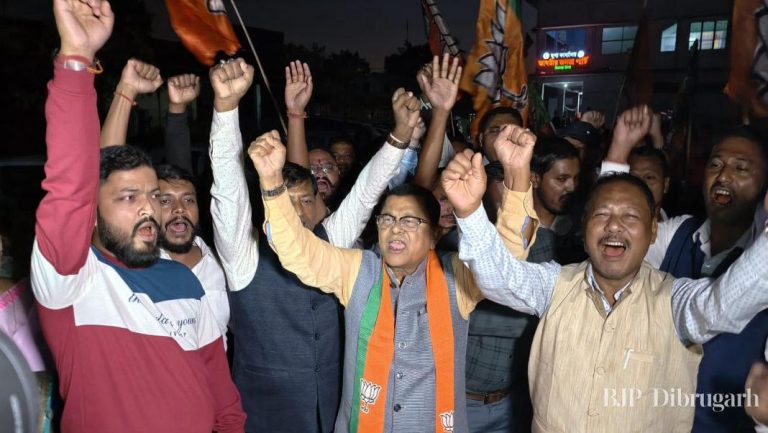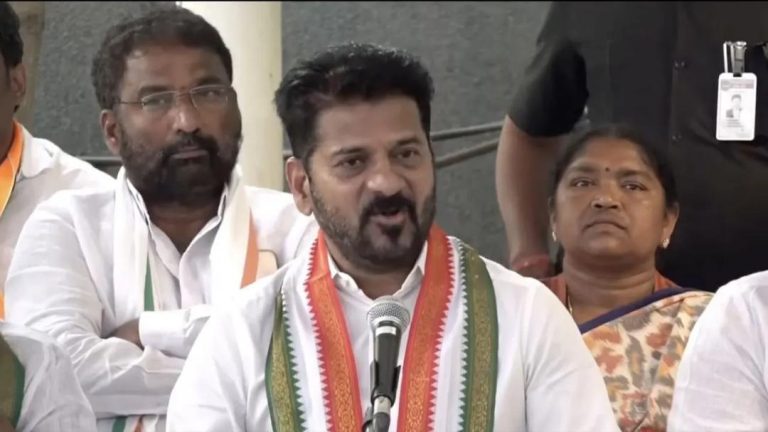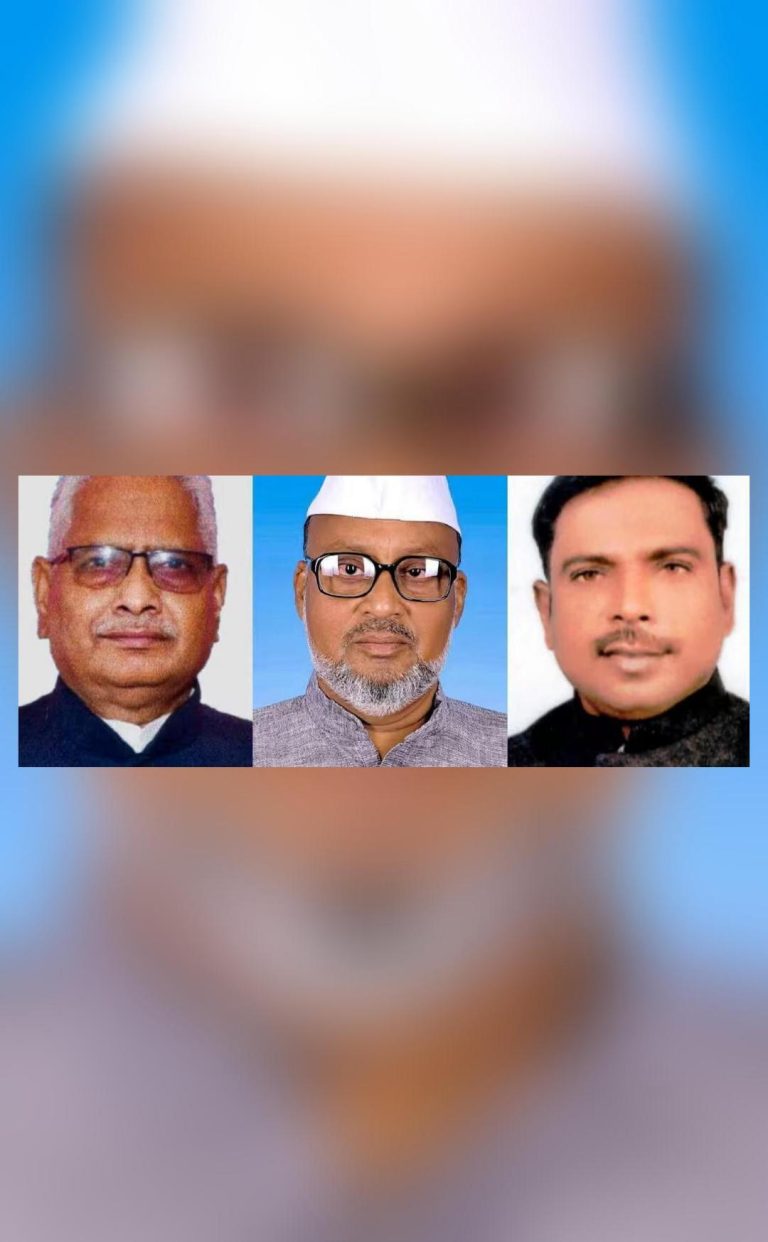
BJP will form govt in both Tamil Nadu & Bengal in 2026: Amit Shah
In a recent statement that has sent shockwaves across the political landscape of India, Union Home Minister Amit Shah has declared that the Bharatiya Janata Party (BJP) will form the government in both Tamil Nadu and West Bengal in the 2026 Assembly elections. Shah made this bold prediction while addressing an event in Madurai, Tamil Nadu, on Sunday.
According to Shah, the National Democratic Alliance (NDA), which includes the BJP, will successfully navigate the electoral landscape in both states and secure a majority in the assemblies. This comes as a significant statement, especially considering the fact that both Tamil Nadu and West Bengal are traditionally strongholds of regional parties, with the Dravida Munnetra Kazhagam (DMK) ruling Tamil Nadu and the Trinamool Congress (TMC) dominating West Bengal.
Shah’s statement has been met with a mix of surprise and skepticism from political analysts and opposition parties. While some have hailed his prediction as a bold and confident move, others have dismissed it as mere bravado and a desperate attempt to boost party morale.
However, Shah’s assertion is not without basis. The BJP has been steadily gaining ground in both states over the past few years, with the party making significant inroads in rural areas and among the younger electorate. In the 2019 Lok Sabha elections, the BJP won 18 seats in Tamil Nadu, while in West Bengal, the party won 18 seats as well.
Moreover, Shah has a reputation for being a shrewd election strategist and a master of reading the political pulse of the country. As a seasoned politician, Shah has been involved in numerous elections and has a deep understanding of the sentiments and preferences of the people.
In his statement, Shah seemed to hint that the DMK, which has been ruling Tamil Nadu for decades, is facing a significant challenge in the upcoming elections. He claimed that the people of Tamil Nadu will “uproot” the DMK from power, suggesting that the party’s dominance is under threat.
Shah’s comments have also been seen as a direct challenge to the DMK’s leadership, particularly Chief Minister M.K. Stalin. Stalin has been facing criticism from within his party and from the opposition for his handling of various issues, including the ongoing COVID-19 pandemic and the recent floods in the state.
In West Bengal, the BJP has been gaining ground against the ruling TMC, with the party winning several key bypolls and municipal elections in recent years. Shah’s prediction of a BJP victory in 2026 has been seen as a significant boost to the party’s morale in the state.
However, the BJP’s prospects in both states are not without challenges. In Tamil Nadu, the party faces stiff competition from the AIADMK, which has a strong grassroots presence and a loyal electorate. In West Bengal, the BJP is facing a tough battle against the TMC, which has a strong hold on the state’s politics and a large following among the Bengali-speaking population.
Despite these challenges, Shah’s prediction has sent a clear message to the BJP’s opponents that the party is confident of its prospects in both states. The statement has also raised the stakes for the opposition parties, who will need to work extra hard to counter the BJP’s momentum and secure a victory in the 2026 elections.
As the 2026 Assembly elections approach, it will be interesting to see how the political landscape of Tamil Nadu and West Bengal unfolds. Will the BJP’s prediction prove to be accurate, or will the opposition parties be able to mount a successful challenge? Only time will tell.






